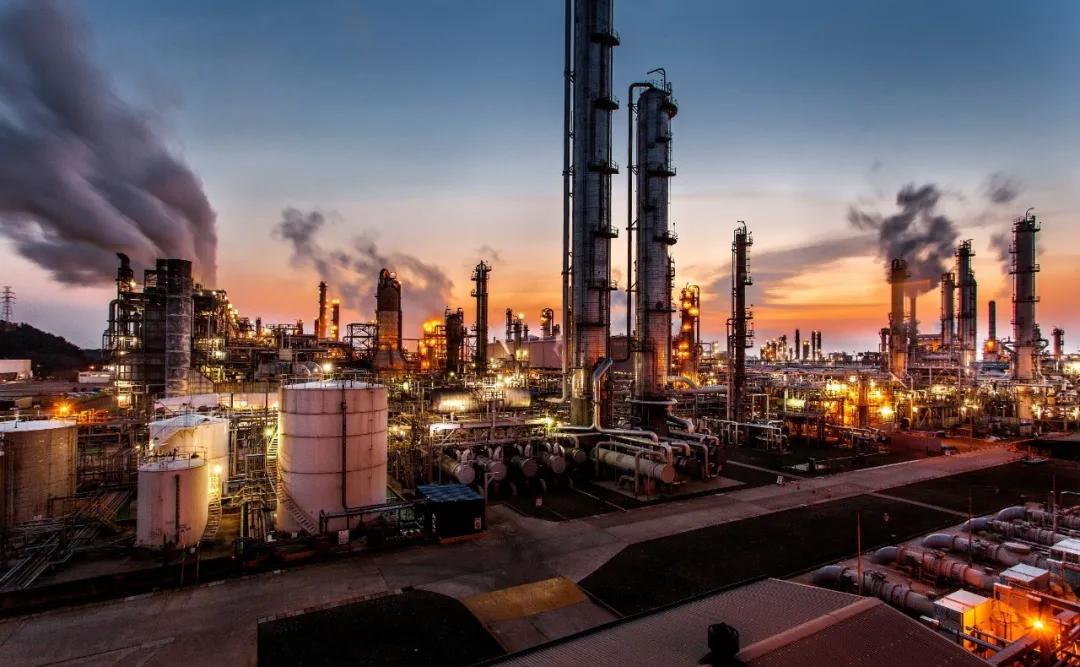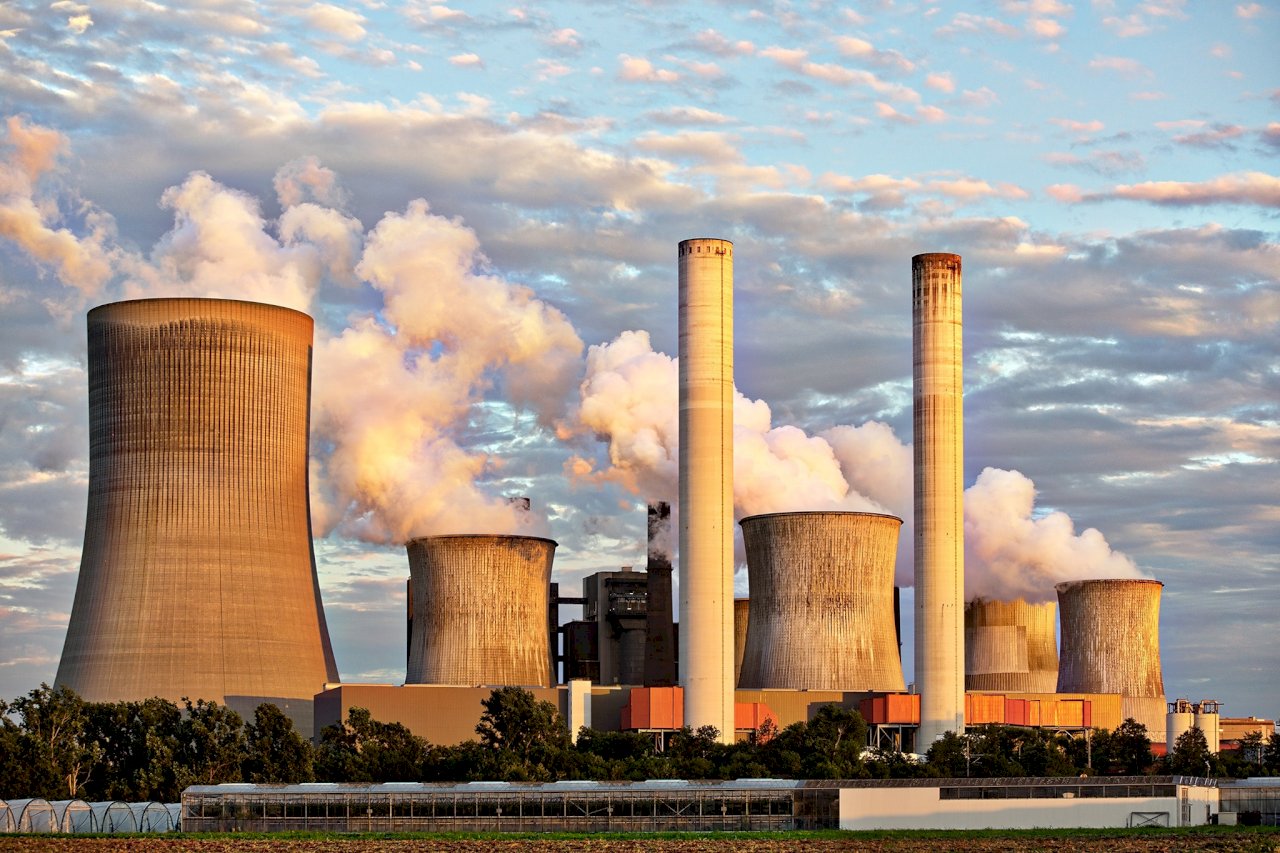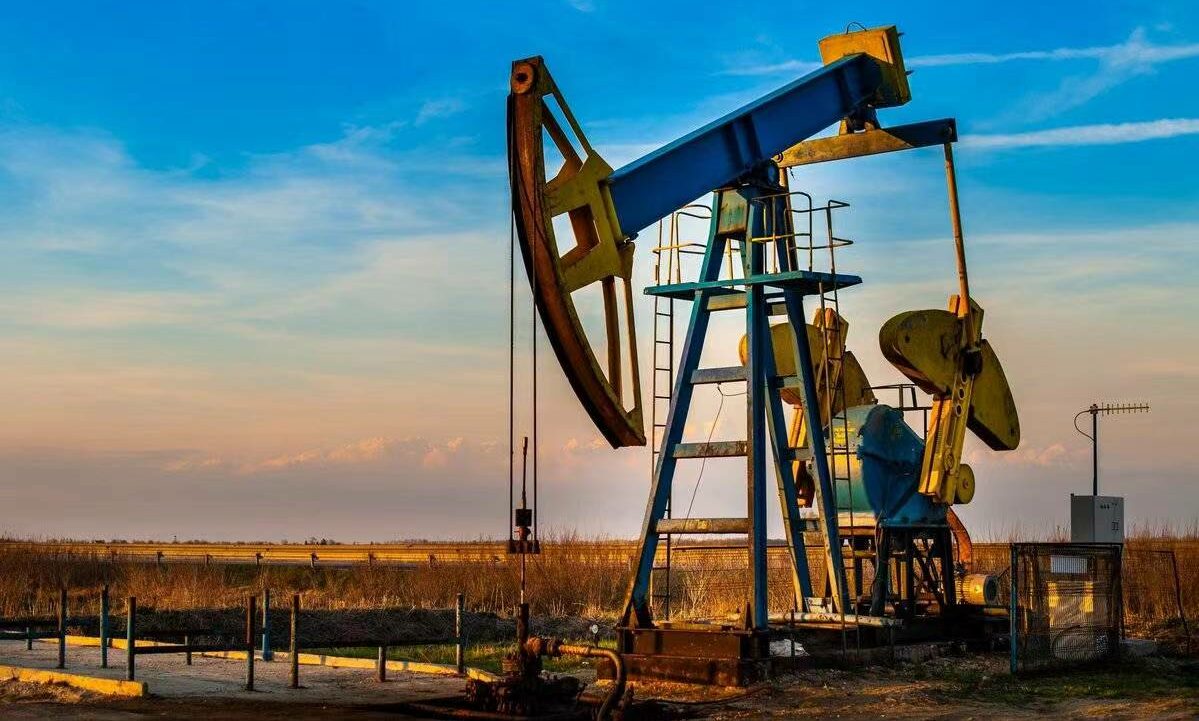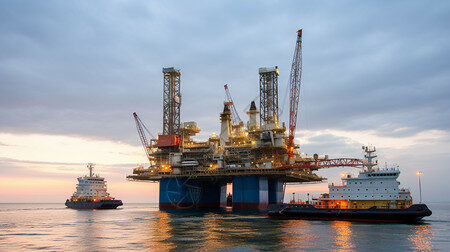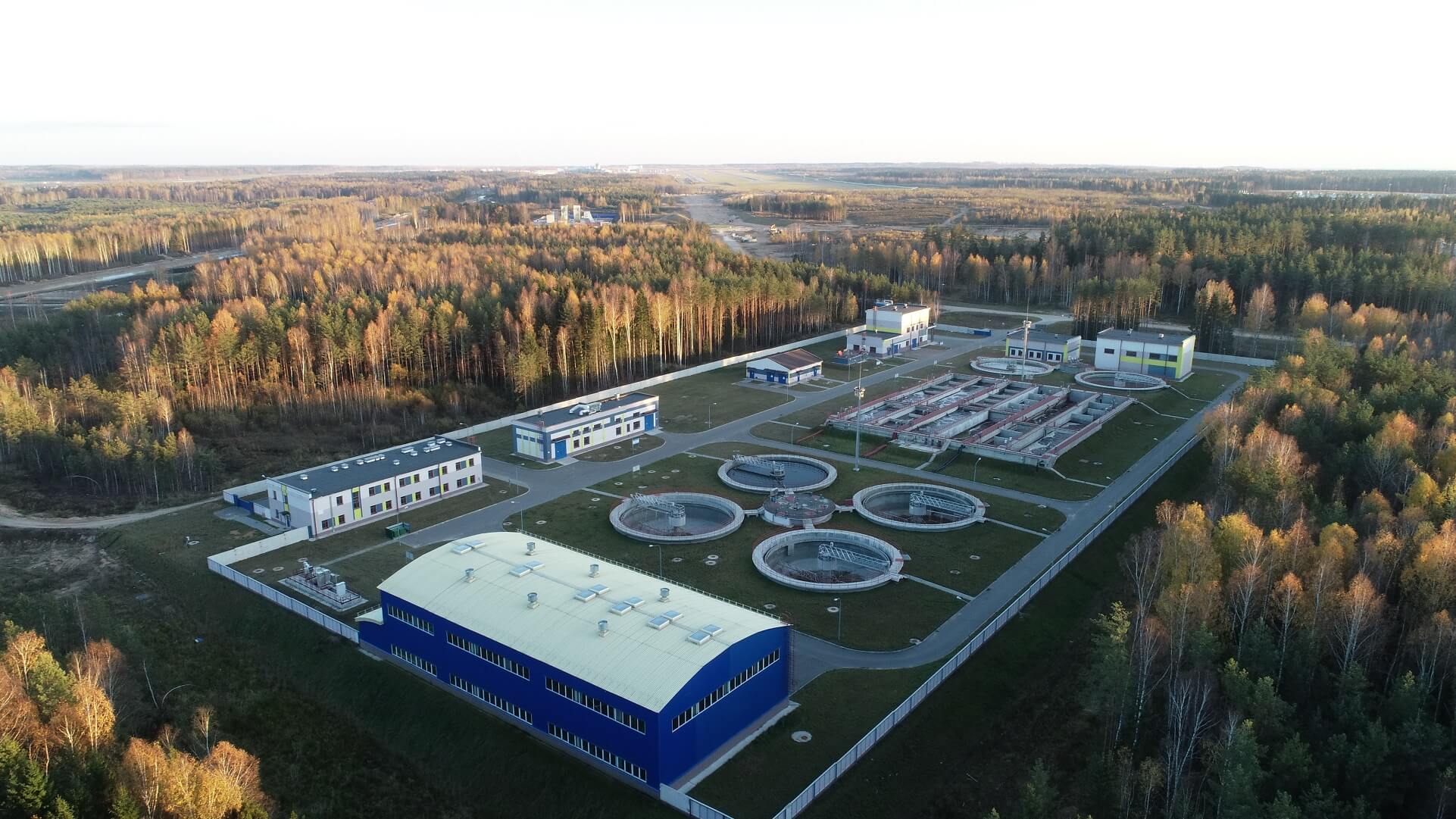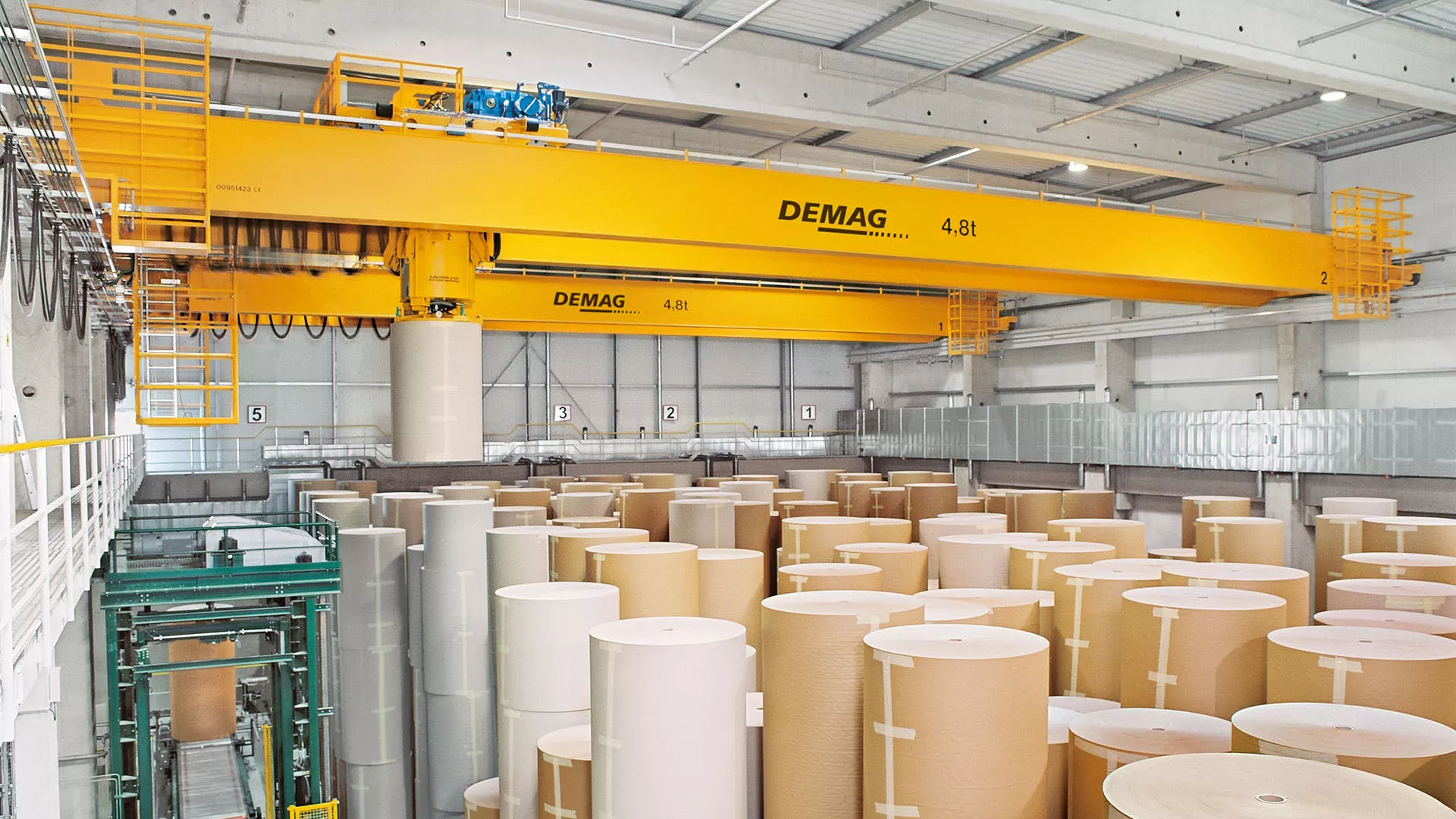2507 stainless steel tube has higher levels of nickel (6%-8%), chromium (24%-26%), molybdenum (3%-5%), and nitrogen (0.24%-0.32%) compared to 2205, resulting in superior yield and tensile strength, impact toughness, and enhanced corrosion resistance, especially against chlorides and acids. However, this also means 2507 has less elongation, indicating lower ductility. Despite 2205's lower strength and resistance properties, it offers a balanced profile of strength, hardness, ductility, and toughness. While 2507 outperforms 2205 in strength and corrosion resistance, it also comes at a higher cost. The choice between 2507 and 2205 should be based on specific application requirements, with 2507 suitable for more demanding environments if the budget allows, and 2205 serving as a cost-effective alternative for less stringent conditions.

